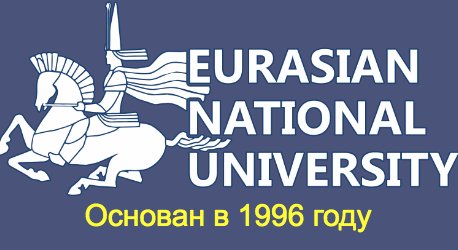Innovative Manager (hotel business)
Profession will appear after 2030
Trends

The specialist - designer of "smart" hotel, which is engaged in search of innovations, is responsible for the development and implementation of the concept of digital transformation of the hotel business, which includes an intelligent lighting management system; comfortable and safe environment for guests; energy efficient heating, ventilation and air conditioning systems; automated and remote control of the entire hotel infrastructure.
Professional novelty: design of hotel service infrastructure with the introduction of intelligent systems.
His responsibilities include:
- identification of the need for new technology and planning the strategy of innovative development of the company;
- coordination and control of works on introduction and adaptation of innovative technologies according to normative acts and technical documentation;
- search of perspective developments and potential partners, as well as suppliers of necessary equipment;
- analysis of possible risks as a result of implementation of innovations and preparation of proposals for their neutralization.
Key competences: knowledge in the field of innovative developments, electrical engineering, electronics and safety engineering, preparation of project documentation.
Over-professional skills

Lean

Customer focus

Intersectoral communication

Project and process management

Programming, Robotics, Artificial Intelligence

Systemic thinking

Environmental thinking
Educational institutions

Kazakh National University. Al-Farabi

Eurasian National University. L.N. Gumilyov
Companies in which this profession may be in demand

Hotel "Rahat Palace"

Hotel "The Ritz-Carlton"

Hotel "Dostyk"

Hotel "Rixos Almaty"

